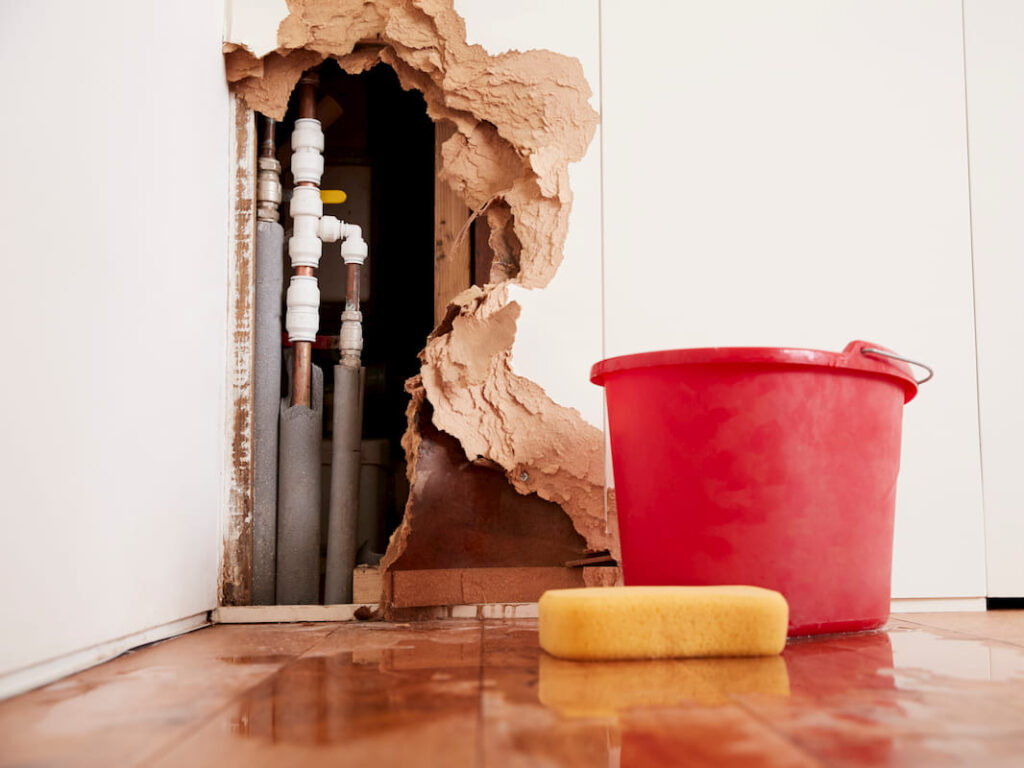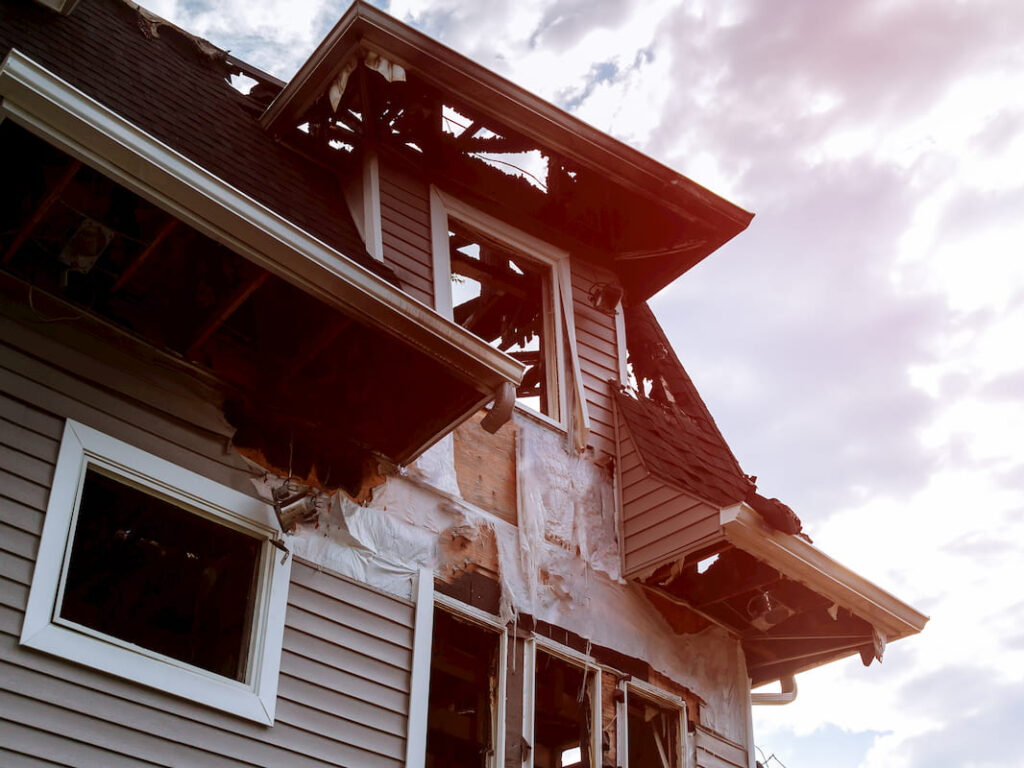Claims
Water Damage
Water Damage Claims: Typical water damage is caused by visible or hidden pipe breaks, water leaking below your slab (slab leaks), shower pan leaks, backed up a/c discharge lines, hot water heater line breaks, ice maker supply line leaks, overflowing showers & overflowing toilets or sinks & dishwasher line leaks.
These issues can lead to very costly damage to your property when left undisclosed or unattended. When we inspect your property, we will look for all of the damage caused by your plumbing or pipe burst claim that your insurance company may have overlooked. Remember, we work on your behalf not the insurance company to make sure that you receive the maximum possible settlement.
Please note that insurance companies are not required to pay you for damages that are not obvious upon their initial inspection. In fact, their adjusters are trained to pay the least amount possible that you may be owed. It is your responsibility through your Public Adjuster to show their representative the damages that are being claimed. A leaking hot water heater or burst water pipe can quickly damage your home and your personal belongings without much warning, but the lasting effects can be difficult to address if you do not have the experience to present it to your carrier properly.

In addition, there may be hidden water damage behind walls, under carpets and in other unseen areas, therefore, clean-up should be handled as quickly as possible and documented completely. These matters should always be handled by a licensed professional Public Adjuster who can guide you through the many issues that could present themselves and also to avoid the pitfalls that an inexperienced homeowner may discover along the way.

We have the experience and the knowledge to answer your immediate questions and help you through the complicated claims process. One of the first things we do is to evaluate all of the damage and take a good hard look at your policy. Determining the “scope of loss” and analyzing your policy will help us best determine the best way to move forward with your claim to get you the maximum possible settlement.
Schedule an Appointment